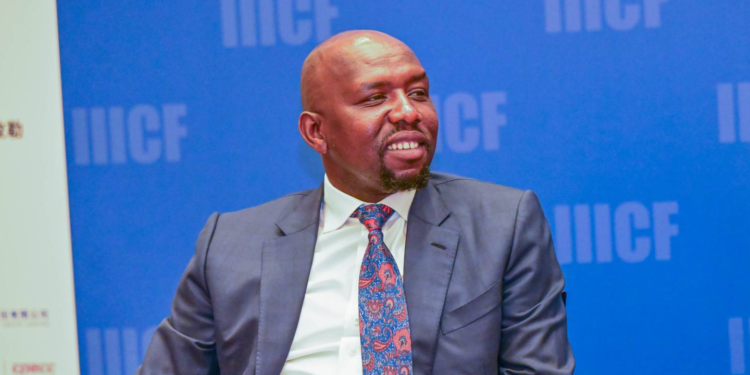The government has assured Kenyans that any additional funds for road maintenance will not increase the cost of living, addressing concerns over potential fuel price hikes to cover the expenses.
The Ministry of Roads and Transport highlighted that Kenya’s road network has expanded to 239,122 kilometres currently from 166,451 kilometres in 2016, necessitating regular maintenance funded by the KES 18.0 per liter Road Maintenance Levy, in place for the past eight years.
Thanking Kenyans for their significant participation in public consultations on road maintenance, the Ministry stated that the collected feedback will be thoroughly analysed to ensure decisions align with public recommendations.
The government will seek ways to secure the necessary resources for road maintenance without raising petroleum prices, a key concern expressed by many.
“We are facing a maintenance deficit of KES 78.0 billion this financial year. If current trends continue, this gap will rise to KES 315.0 billion by the 2028/2029 financial year,” said CS Kipchumba Murkomen of the Ministry of Roads and Transport.
He noted that many neglected roads, particularly those under the Low Volume Seal program, have not been maintained in a decade and are at risk of deterioration. The Roads Maintenance Levy Review aims to address this issue.
“We will only implement revenue measures that do not increase the cost of living, as suggested by Kenyans,” added CS Murkomen.
Last month, CS Murkomen informed the Parliamentary Finance and National Planning Committee that the Road Maintenance Levy, last reviewed in 2016, requires revision. He stated that increasing the tax could generate an additional KES 32.0 billion, adding to the current annual collection of KES 83.0 billion.
Given fuel’s significant impact on the cost of living, any increase in fuel prices affects transportation costs, food prices, and essential services, directly influencing inflation. Currently, pump prices in Nairobi are KES 189.8 for Super Petrol and KES 173.1 for Diesel.
















